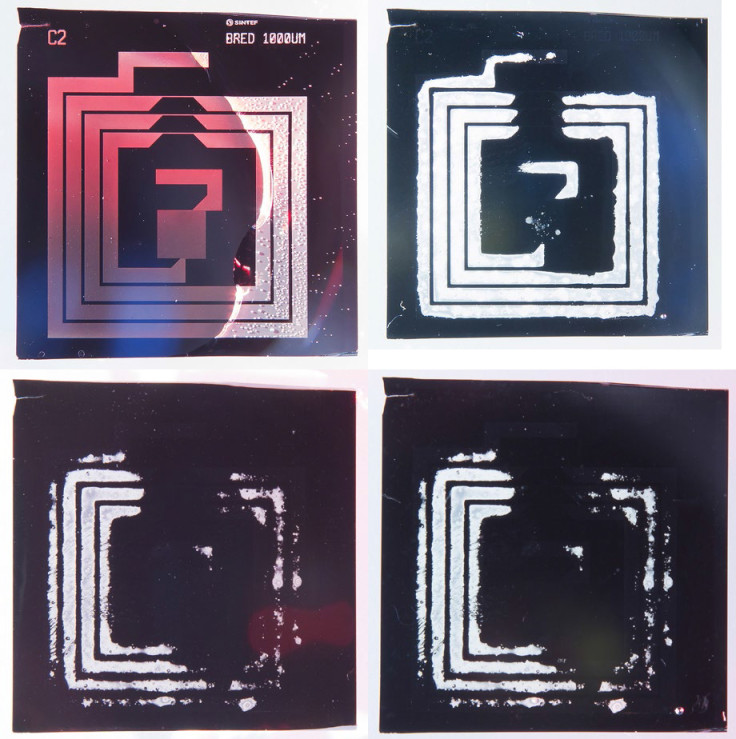Biodegradable Electronics Will Help Reduce E-Waste

Researchers in Norway are working on inventing electronic components designed to disintegrate after a stipulated time period.
The Norwegian scientists from Sintef have in fact succeeded in making components with magnesium circuits that transfer energy and dissolve in water to disappear after a few hours.
Electronics with similar life cycles have been tried and tested before in the form of surgical implants placed in rats.
The electricity in the circuits accelerates the healing process and a few weeks later, the electronics is dissolved by body fluids.
The Sintef circuit is printed on a thin silicon wafer enabling effective dissolution. The challenge was not only in making ultra-thin circuits but in providing a coating that protects the circuits. It had to be tailored for the time the circuit was expected to function.
Around 50 million metric tonnes of electronic waste was generated in 2012. This is expected to touch almost 60 million metric tonnes by 2017.
For instance, a package intended to measure oil spells should be designed to see that the coating protects the circuit when in water.
Nano etching was used to deliver all components onto the silicon circuits.
Available global data on e-waste says 50 million metric tonnes was generated in 2012. This is expected to climb by 33 per cent by 2017 to 65 million tonnes, according to a study conducted by United Nations organisations, industry, governments and scientists.
The personal computers, television sets, mobile phones and other electronic gadgets being garbaged annually is so high that by 2017 e-waste would fill a 15,000-mile line of 40-tonne trucks.
In the US alone, data from 2010 shows that 135,000,000 mobiles were trashed, with 23 million television sets and 24 million monitors adding to the colossal waste.
Disappearing electronics could save the day and prevent the planet from being trashed with toxic lead, cadmium, mercury etc leaked from e-waste.
© Copyright IBTimes 2025. All rights reserved.





















